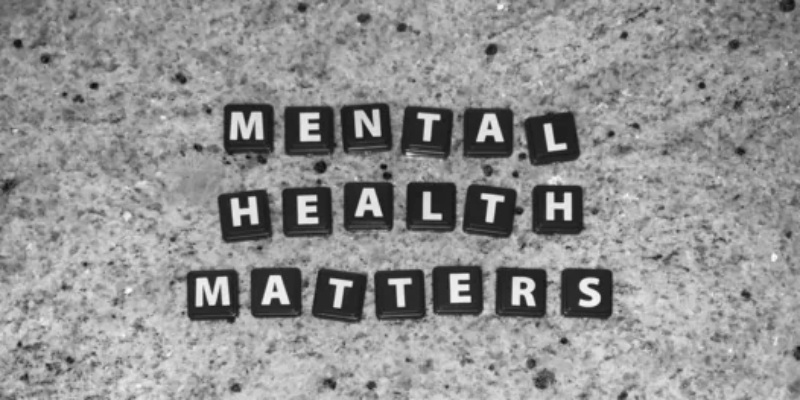5 anxiety-related symptoms you should not ignore this holiday season

Most people enjoy the holiday season, but some may experience anxiety and stress. Here are five anxiety-related symptoms to be aware of this holiday season.
Diwali is a festival of lights and social gatherings. Most people enjoy this as a joyful experience, but some people experience anxiety during festivals as a result of childhood experiences or stress in everyday life. You may be under pressure to appear and act cheerful. You may not feel at ease meeting so many people at once, you may feel overwhelmed, and it may be difficult to remain engaged and joyful at all times. It is normal to feel overwhelmed during the holiday season due to increased workload at work as well as family obligations. However, only a small number of people experience symptoms that prompt them to seek medical attention in emergency rooms.
Dr. Navneet Singh, Group Medical Director, StanPlus, spoke with HT Lifestyle about five anxious behaviours that you should not avoid this holiday season.
Rapid breathing and palpitations:
This is most common in teenagers and young girls, and when the patient is examined in an emergency, the vitals are usually normal. It does not imply that the patient is faking. It simply means that the patient is incapable of dealing with the current situation. Before labelling it as stress, the patient should be properly evaluated and other causes ruled out.
Sleeping problems:
While sleep is essential in stress, our stressed minds sometimes prevent us from getting enough sleep. Lack of sleep, when combined with anxiety, can aggravate mental illnesses.
Being depressed and having suicidal/homicidal thoughts:
If you have such thoughts, you should take them very seriously. It should be shared with close relatives, and it should be treated as an emergency. The majority of these feelings are the result of constant stress, sometimes substance abuse, and a difficult childhood. We now have powerful medications that, when taken in short bursts, can reverse depression and change a depressed person’s life.
Anxiety and fear are interfering with all aspects of your life:
If you believe your anxiety and fear are interfering with your work or relationships, you should consult a doctor to determine the cause and follow any treatment or medication recommendations.
If your anxiety is linked to substance abuse:
If your anxious behaviour is linked to substance abuse, seek help and confide in a loved one. It is advised to consult a psychiatrist, who will assess for possible dependence and treat with drugs designed to counter withdrawal symptoms as well as provide drugs to help with anxiety.